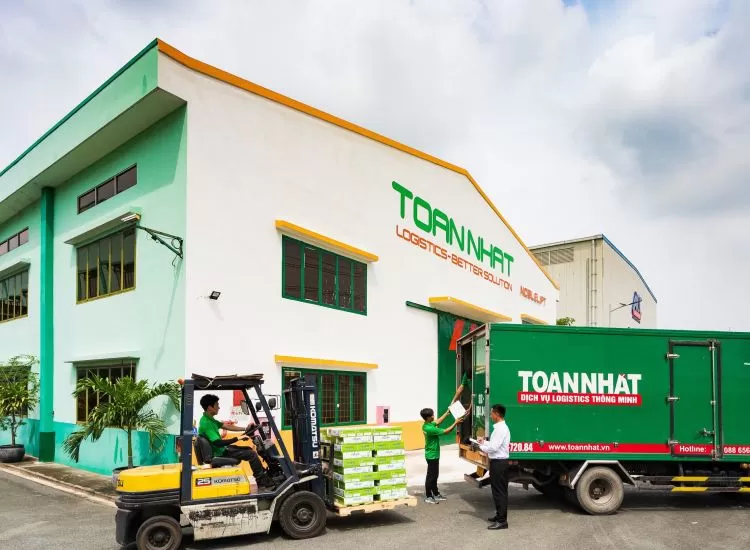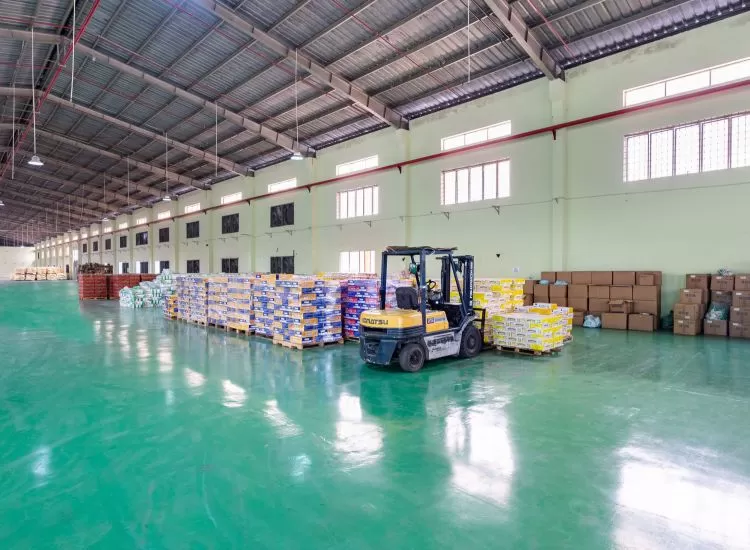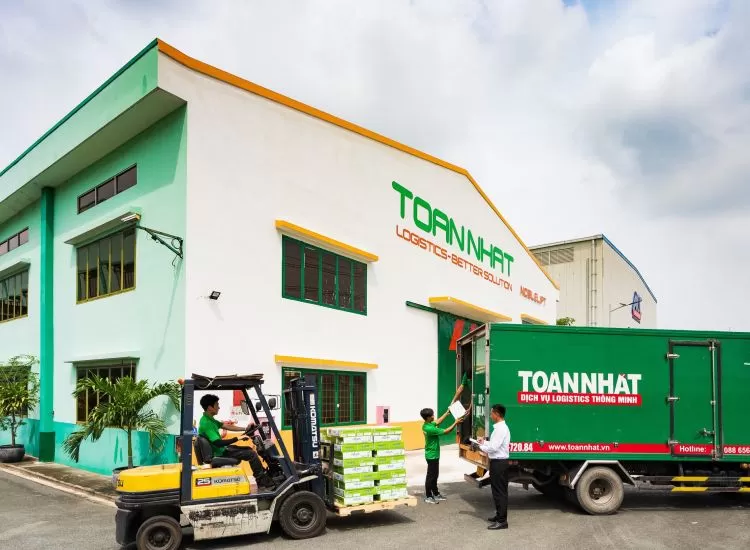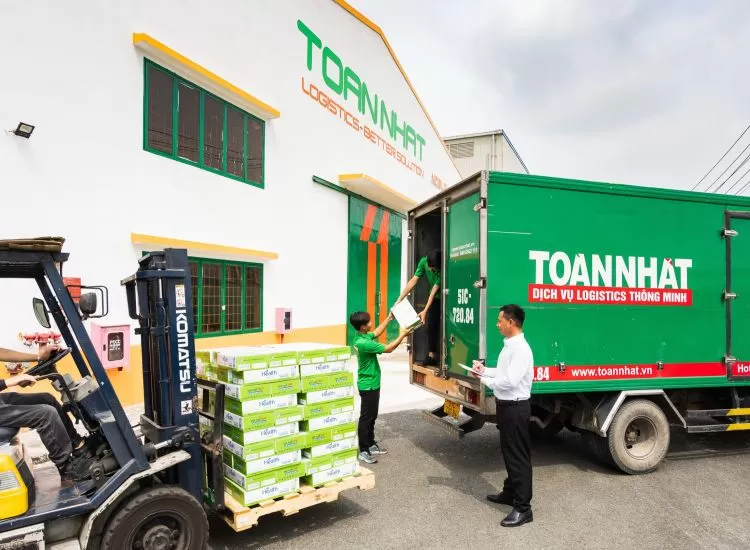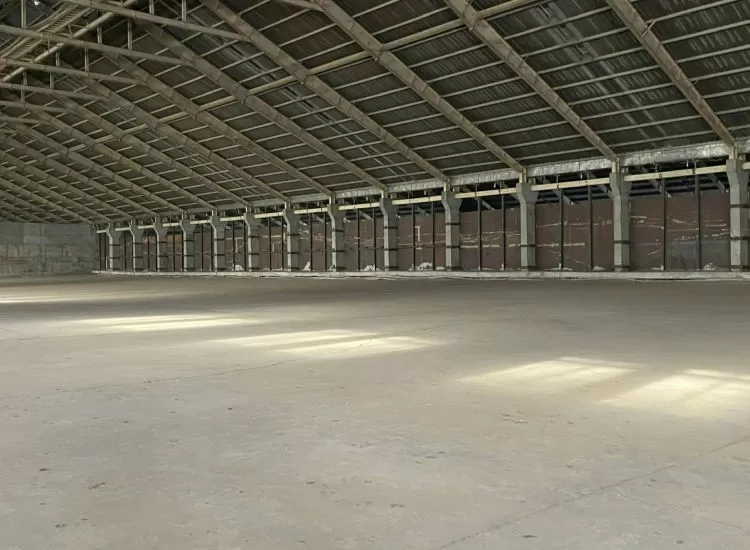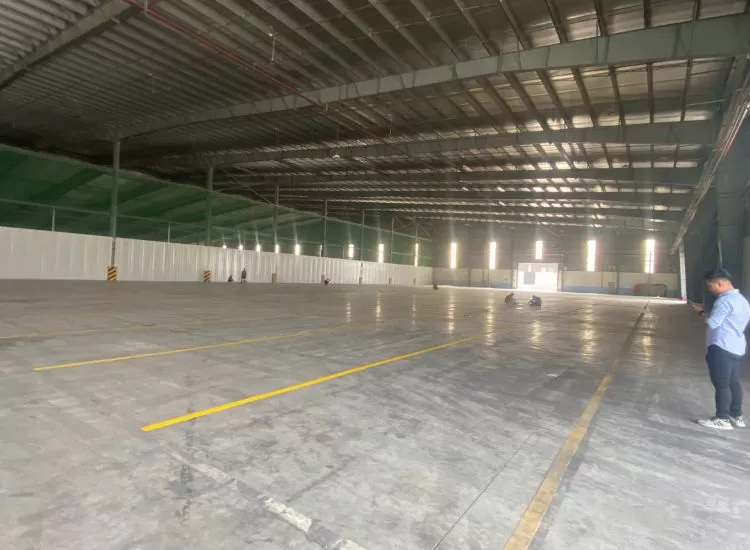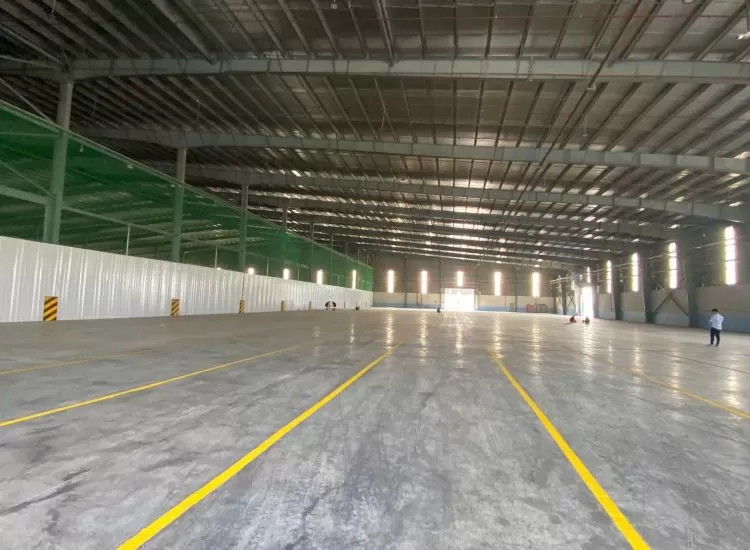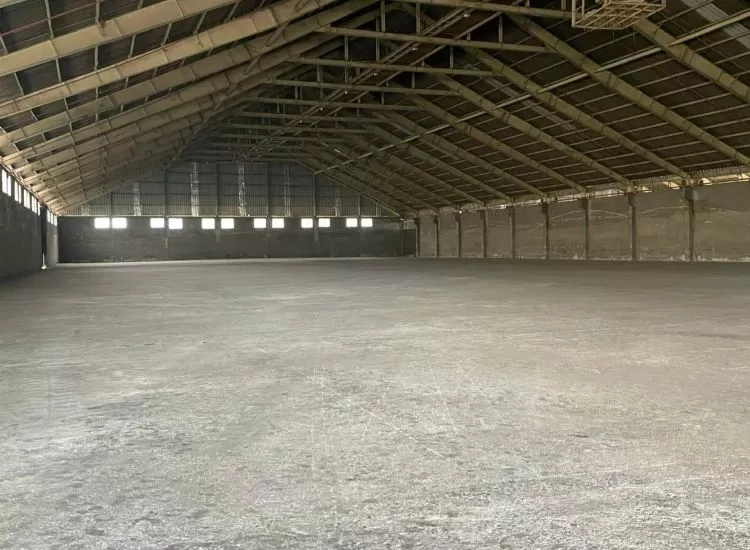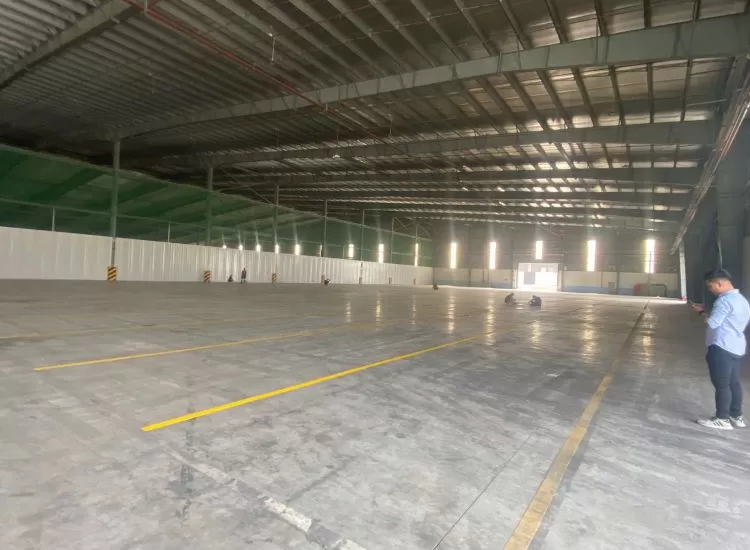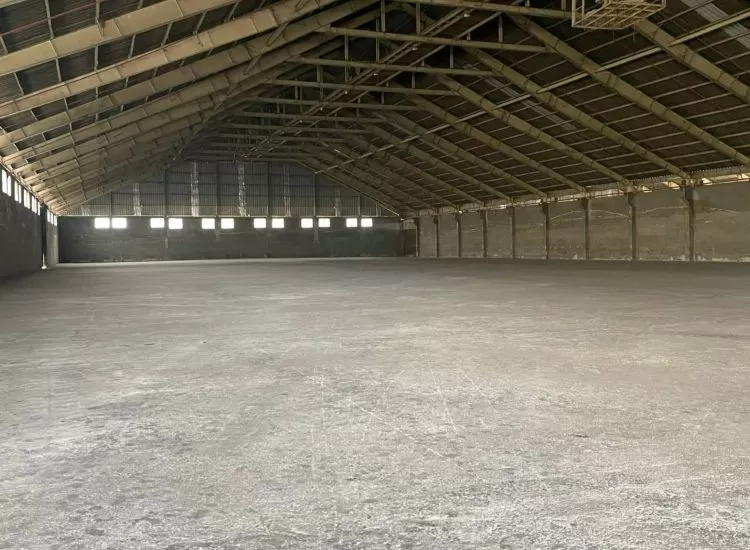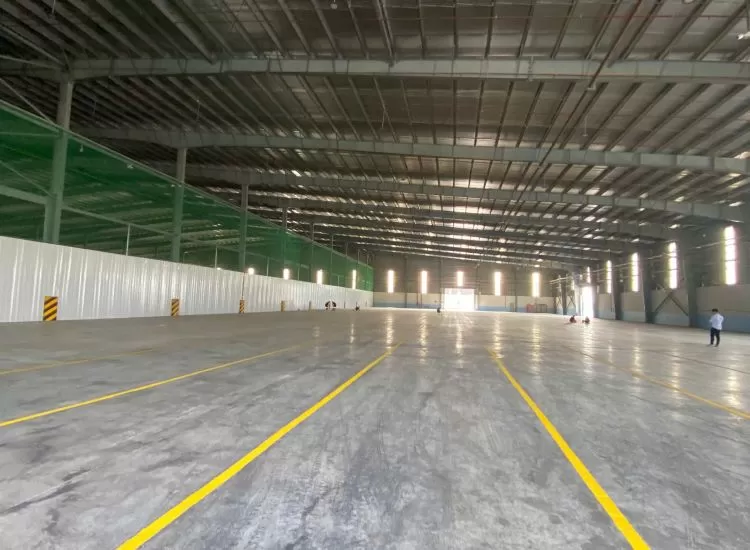What is Logistics industry? What will you learn from a Logistics degree?
What is Logistics industry? Logistics industry is the science of purchasing, manufacturing, and distributing raw materials and finished products to the right place, at the right time and with the right quantity. By military definition, the logistics also includes the movement of soldiers.
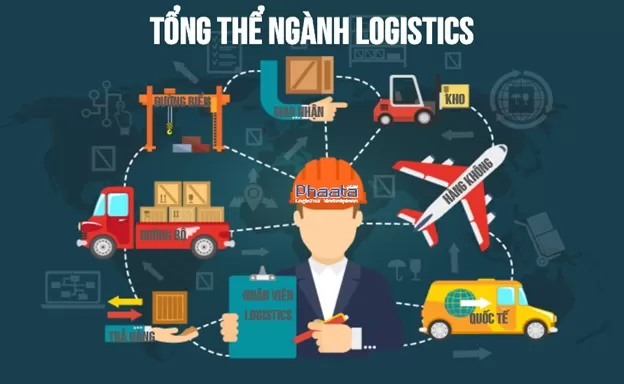
Definition of "Logistics industry"
The Logistics industry includes the following processes: Planning, Implementing and Controlling procedures for transporting and storing goods in the most efficient and optimal way. The Logistics industry includes all services and related information from the source to the point of consumption to satisfy all customer requirements.
-
See more at: What is Logistics?
People often equate "Logistics" and "Transport”; however, the Logistics Industry is much broader than the Transportation Industry. While Transportation focuses only on the movement of goods from one place to another, Logistics covers a broader spectrum, focusing on the management of "flows" of goods and services, as well as interrelated information. Logistics encompasses not only transportation, but also storage, handling, inventory, packaging, distribution of goods and more.
Effective Logistics operation helps businesses cutting a lot of costs, reduce the cost of products and services, leading to increased competitiveness and profitability ...
The biggest difference is that Logistics requires planning, and transportation only provides a way to carry out the plan of bringing goods from point A to point B. Transportation is merely a part of Logistics. When operating, logistics staff must make decisions beyond the mode of transport, including:
- Packing and packaging.
- Containers or other modes of transport’s planning.
- Documents and information.
- Insurance.
- Storage and inventory.
- Import and Export Regulations
- Claim compensation.
- Work with other Supply Chain executives.
- Manage suppliers and other logistics partners.
- Responsible for minimizing risks.
So, what knowledge does a Logistics employee need to accumulate to be able to receive a variety of the above responsibilities?
What will you learn from a Logistics degree?
Program in Logistics and Supply Chain Management of Ho Chi Minh City University of Technology
Logistics has now become popular and recognized by many parties, therefore, Logistics training programs have appeared at many different levels, from Colleges, Universities to High Quality, Overseas, short-term training center ...
In general, a Logistics training program will provide knowledge and skills in four main groups:
1. Economic Knowledge and Calculation Skills
To quickly grasp your partner's business model and market demand, the knowledge of Microeconomics and Macroeconomics, as well as the Marketing principles, are often introduced into the early period of Logistics training.
In addition, many positions in the Logistics Industry need to work on a regular basis with data. Logistics staff are often assigned to compute and analyze effectively, and are enriched with this skill from Advanced Math, Economic Mathematics, Statistical Probability, Applied Informatics ...
2. Foreign language skills
An almost mandatory factor for students hoping for an advanced career in Logistics, Foreign Languages and most commonly English is always present in the curriculum.
Starting from English 101, students will be supplemented with specialized skills and vocabulary with credits in Communication English, Business English, Logistics English ...
Some schools also put International English certificate as one of the mandatory conditions to receive a degree, the graduation standard is usually from 79 TOEFL iBT, 6.5 IELTS, 650 TOEIC or Diploma B in English or above.
3. Trading knowledge
Nearly 80% of the items people use were produced, imported, and shipped from an unfamiliar country. Therefore, every business today needs Logistics Experts with knowledge and skills to participate in international markets.
The subjects related to the above knowledge include: International Trade and Import & Export Law, Customs Operations, Monetary and Finance, Business Insurance, International Business ...
4. Specialized management skills
A difference from students majoring in Logistics compared to other majors’ graduates but want to "switch" to Logistics in the recruitment market.
The basic knowledge to help students easily absorb as well as take responsibility in the Department of Purchasing, Production Planning, Logistics ... will come from the subjects of Logistics Management, Warehouse and Inventory, Transportation and Commodities, Systems Engineering, Purchasing and Supplying ...








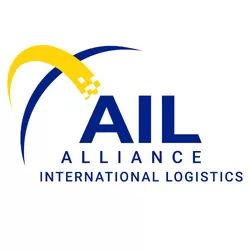
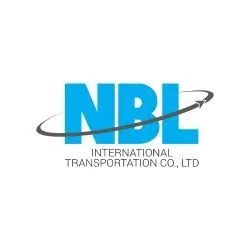

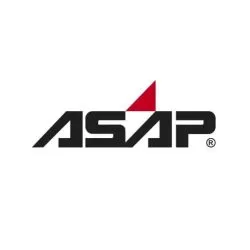

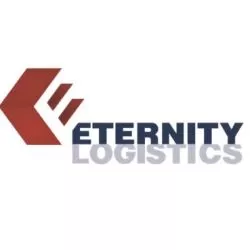


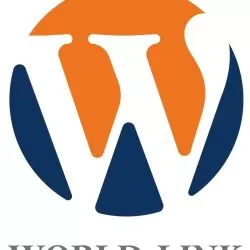

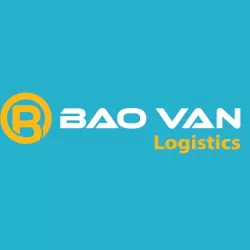



.webp)
.webp)
.webp)
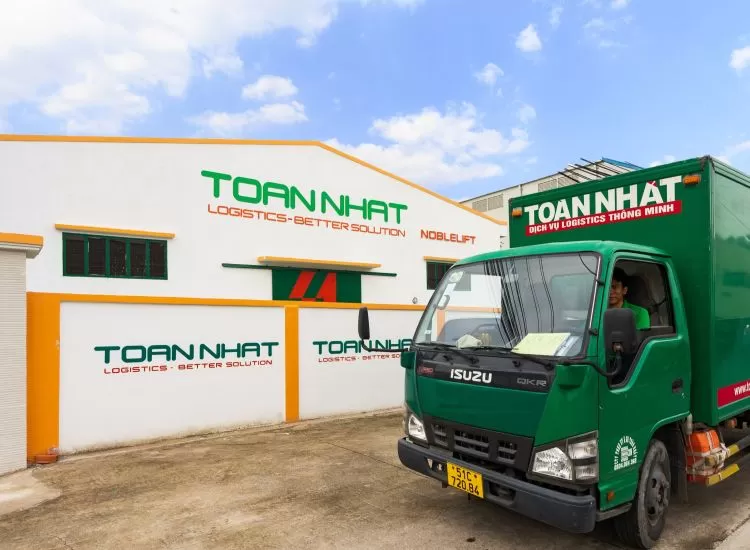
.webp)
